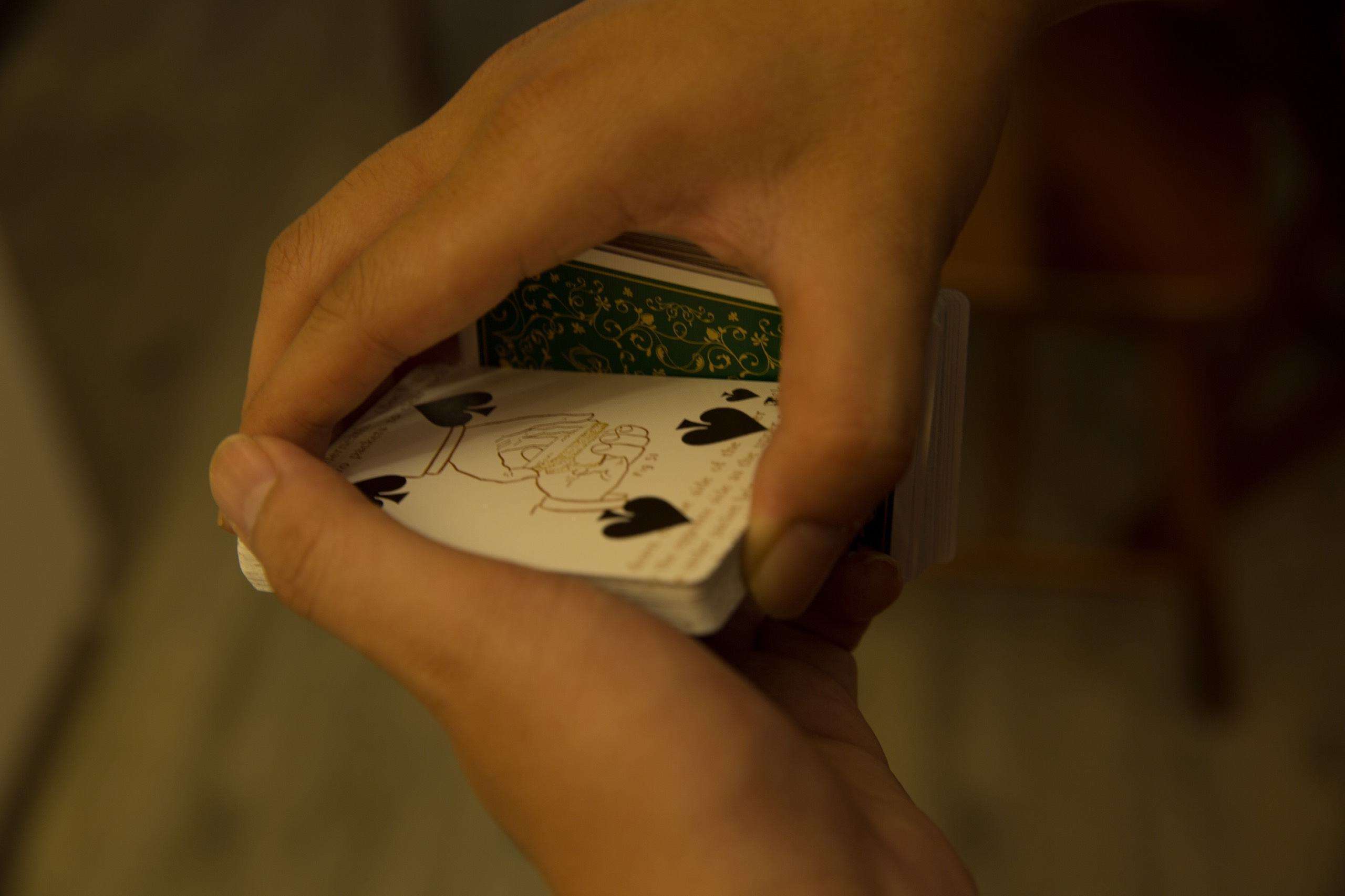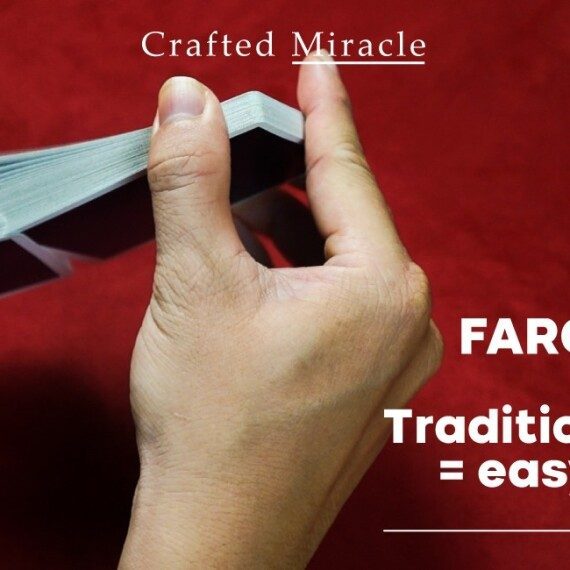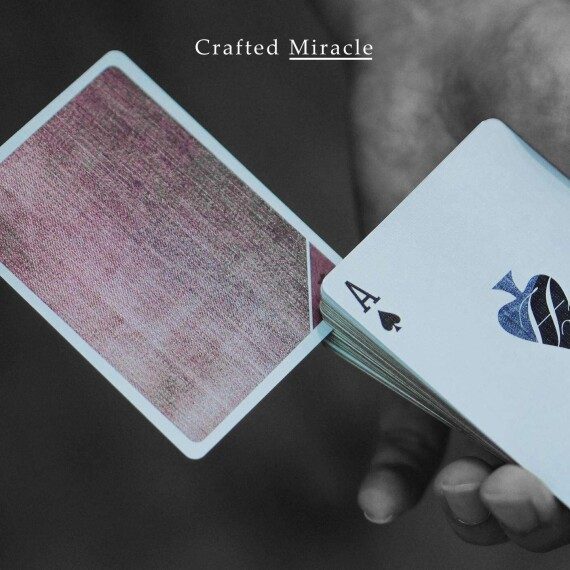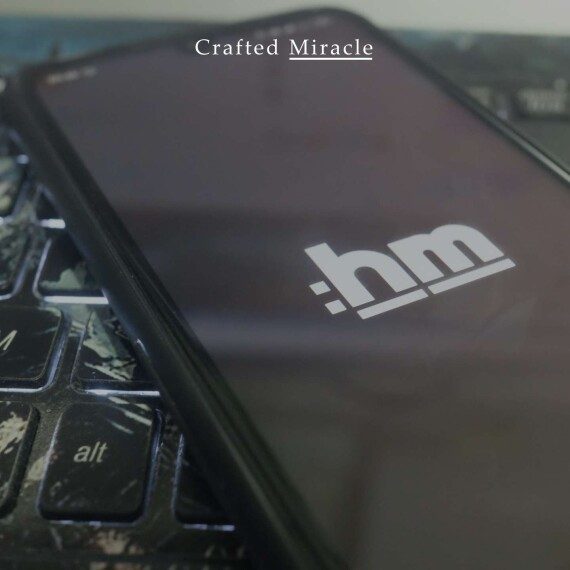Companies have been marketing their decks with the phrase "Traditional Cut" which arguably make the cards easier to shuffle and faro. Is that true though?
Sleight of Hand IS NOT Magic
09 Th04, 2020 - Blog

"Jugglers practice to show their skills.
Magicians practice to hide their skills."
How many times have your audiences said “Wow you have really fast hands” after your performance ?
Let’s explore the opening sentence of this blog - “Jugglers practice to show their skills”. When you see their performance, you are captivated and dazzled by their beautiful display of choreography, wondering how many hours have they spent practicing each day. Such eye-candy! But deep down you know that you would be equally good if you input the same duration and commitment.
In a skill-based demonstration such as gambling routines; however, it is perfectly fine to show your sleight of hand to astonish them. In a “demonstration” you can even flash your moves yet your audiences wouldn’t give a fuck , because you don’t give a fuck – you have told them beforehand that it is a skill demonstration. By giving them an explanation, whether it is true or false (at least it must be believable) they will not bother to find any other answers. However, what you are doing is still not magic.
The “You have really fast hands” compliment is actually not a compliment, it means you fooled them by doing a move they couldn’t catch – magic is not a cat and mouse game, it is supposed to build connection between the performer and the spectators. Magic occurs when things happen “naturally” and you the performer, your job is to faciliate it.
Sleight of hand could be perfected to a degree that “even the most critical observer would not even suspect, let alone detect” (Quote from Erdnase pg. 83) - that takes a lot of time and practice but most importantly your thinking and attitude on sleight of hand. I have seen many really good sleight-of-hand artists do a sleight, although they don’t flash, there are many akward movements.
Once I saw this street magic video on youtube about a magician who performed a simple Double Undercut control. Afterwards he did some unnecessary flourishes, I could tell from the face of the spectator that she wasn’t impressed but rather annoyed. She became a skeptic through out the rest of the performance, demanded the guy to do everything slowly and inspected every little actions he made. That’s the consequence of showing off.
It all comes down to naturalness – if your move “looks like a move” then you are doing it wrong. An opened mind is more important than persistence in learning . Don’t aim to be “invisible” but to be “imperceivable”.
thẻ: magic, blog, Terry Quan, Sleight of hand, Theory

